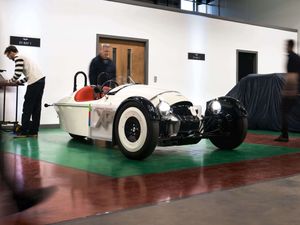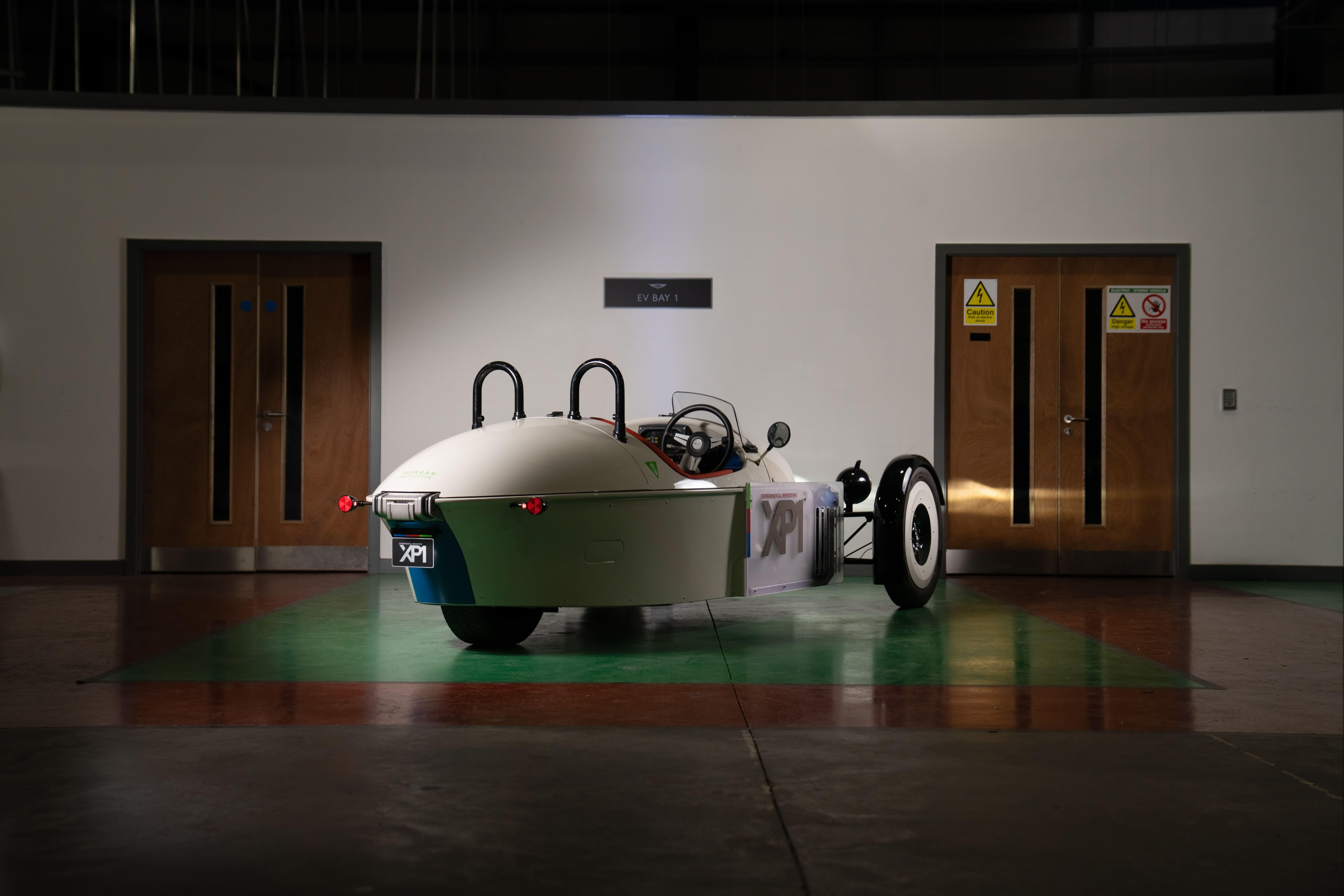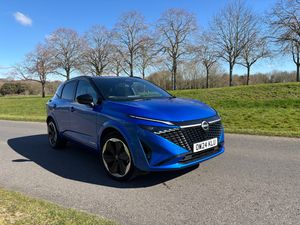Morgan’s XP-1 hints at future electric sports car
The electric prototype is based on Morgan’s 3-Wheeler

British sports car firm Morgan has revealed a new prototype that shows its ‘ongoing development’ of electric cars.
Produced over 12 months, the XP-1, standing for ‘experimental prototype’ is based on Morgan’s Super 3 three-wheeler, and has been produced in-house at the firm’s factory in Malvern, Worcestershire.
Morgan’s first venture into electric cars came in 2016, when the firm revealed an ‘EV3’ concept car at the Geneva Motor Show, but no production car ever materialised and it has remained very quiet about the topic of electrification.

However, Morgan is now signalling its intent to produce electric cars with the new prototype. The firm says that it’s ‘not intended for production’, but rather is being used as a test bed to develop the driving characteristics and powertrains of electric Morgans. It will also be used to help train the firm’s employees on electric cars.
The XP1 also uses Morgan’s first in-house powertrain of any type, with the firm previously using engines from the likes of Ford and BMW to power its cars.
Morgan says lightness is a ‘key requirement’ of this new EV, and that the XP-1’s weight is ‘comparable’ to that of the petrol Super 3 this car is based on, which weighs just 635kg. A small 33kWh battery is used, with reports suggesting the XP-1 could manage around 150 miles of range from a charge.
Matt Hole, chief technical officer of the Morgan Motor Company, said: “We are immensely proud to be sharing XP-1 with the world and showcasing some of the first-class engineering that takes place behind the scenes at Morgan.
“As we embark on our electric journey, this prototype will become a focal point of the engineering and design process, providing a wealth of insight and helping to build up our in-house EV capability.”
The firm says that updates about the progress with the XP-1 will be announced over the ‘coming months’.





